A little over a month ago, Senator Mitt Romney announced that he will not be running for reelection. This came as a surprise to many people, but during his retirement announcement he cleared the air. He spoke about his worries for how old he would be by the time his term would be up and said, “I think it’s time for guys like me to get out of the way and have people of the next generation step forward.” The question now is: who will be running for his seat in the Senate?
So far five candidates have stepped forward. The most prominent of the candidates is Brad Wilson. He is currently a Republican member of the House of Representatives. According to his campaign website his main focuses if elected would be, “putting more money in your pocket, delivering better education, securing our border, protecting the second amendment, and creating safe and affordable energy.”
Another prominent candidate is Republican Trent Staggs. He has been serving as mayor of Riverton for nearly six years, and the majority of his key issues are similar to that of Wilson’s. From his campaign website it says he wants, “smaller government, safer families, and a stronger economy,” among other things.
The Democratic Party has yet to put forth a candidate for Romney’s seat, but are expected to within the coming months.
All of this brings forth the question that many high school students ask when reading political news: “So what?” It’s hard to see the relevancy in big important political issues, because what role do high school students have to play?
When asked whether he felt new voters should be interested in state politics, Robert Stoddard, the Government and Citizenship teacher, said, “I think they should be involved with all politics, all voting. Whether that’s local city council, a lot of important stuff goes on there, or state and federal elections. In fact, those local and state elections might have more of an impact on them because they make a lot of local decisions, so it’s gonna be hugely important.” Stoddard brings up an interesting point, because while state and local politics aren’t as headline grabbing as national politics, they have a greater chance of impacting your day to day life.
Despite this fact, many voters, especially young voters, feel that their vote doesn’t matter. It’s easy to see how someone could feel lost in the millions of votes that are counted during elections, and wonder how their own has any impact. On that issue, Stoddard brought up demographics and explained, “Anytime anybody votes in any election, they’re also voting for their demographic. So, when young people go and vote, the more politicians are gonna say ‘Oh yeah, young people they vote and we need their vote.’ Even if you vote for the loser you’re still helping your demographic.”
He went on to explain, “Politicians pay attention to old people because old people vote. That’s why they’re always talking about welfare, medicare, healthcare issues, and prescription drugs, because that’s what matters to old people. So they’re gonna try to help them out cause they want old people to go vote for them. So, if young people want their issues addressed then they need to vote.”
These comments can provide confidence for new voters who might be feeling lost when it comes to such a daunting task. It also highlights why it’s important to be aware of the changes happening in your state politics. Our senators represent Utah at the national level, and their opinions and choices impact not only us, but the country as a whole. It will be interesting to see who else steps forward in the coming months to put their name in the running for Romney’s senate seat.
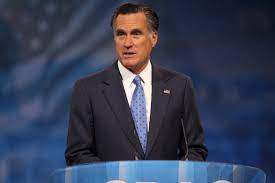
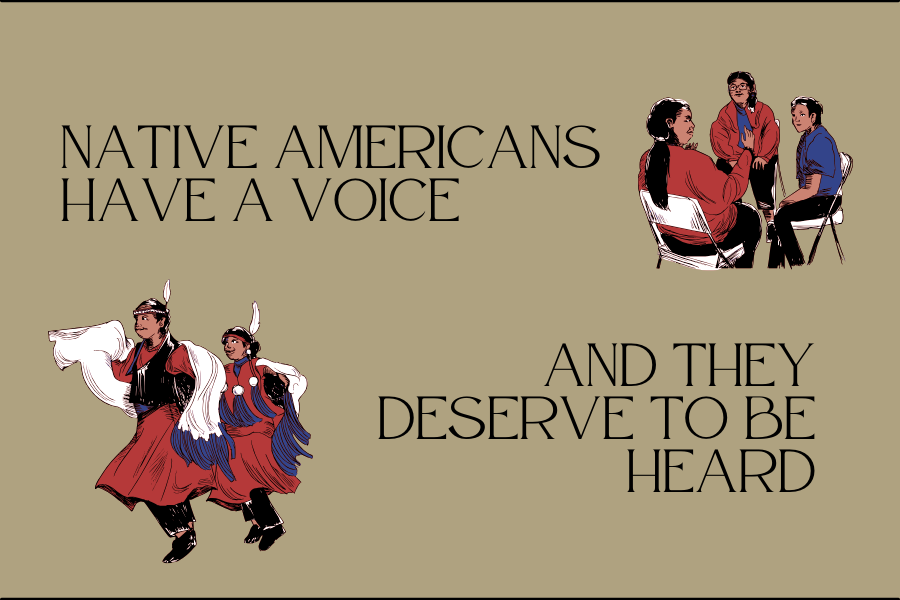
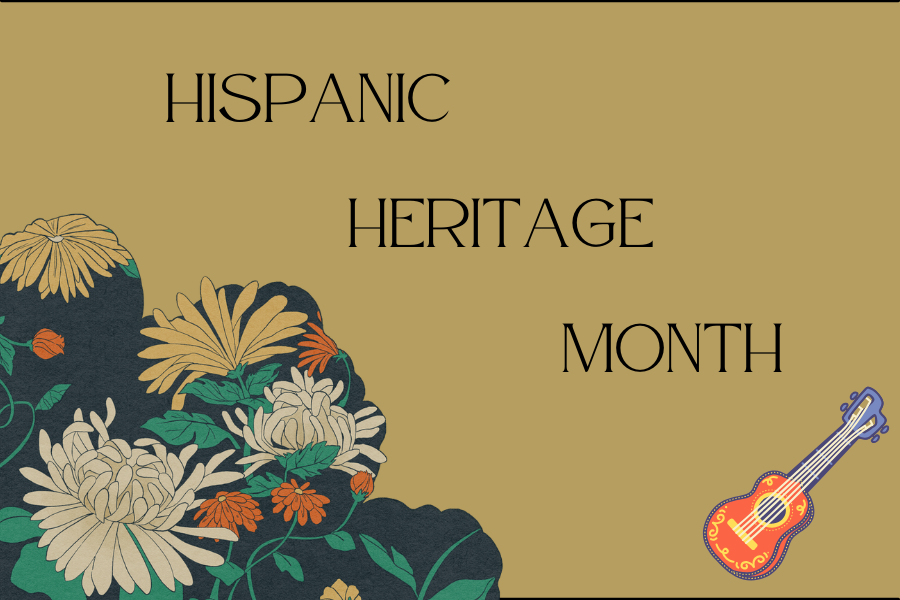
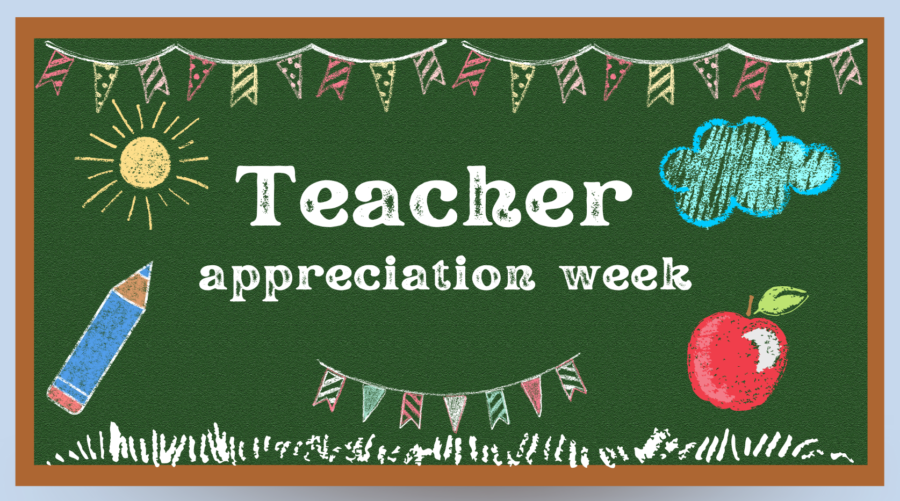

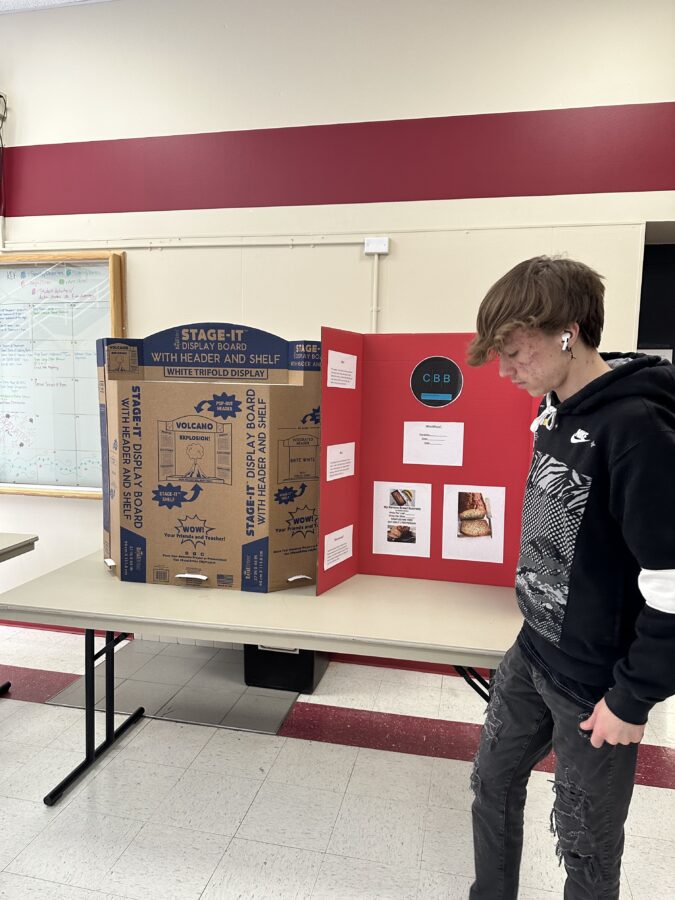

Iris • Nov 16, 2023 at 1:06 PM
This is really gooood like really gooood article like I read it and I felt my knowledge expand